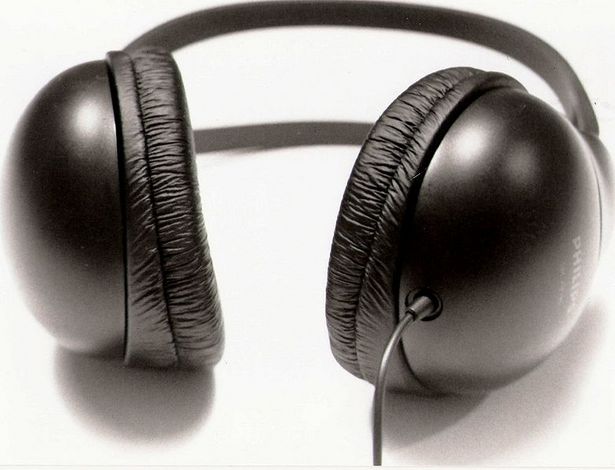The most common type of hearing loss prevalent among young and old individuals is noise induced hearing loss. Everyone is exposed to unpleasant, uncomfortable and annoying noise everywhere. A sound is a noise when the sound level crosses 85 decibels (dB). As the intensity of the decibel increases, a pleasant sound instantly becomes an annoying noise. With a thin line existing between sound and noise, it is up to the listener to take all possible precautions for hearing protection.
Occupational noise is the important cause for the rise in noise induced hearing loss. The following is a list of sounds associated with workplace.
* Jackhammer at 50' - 95 decibels
* Hand Drill - 98 decibels
* Sandblasting - 115 decibels
* Power Saw at 3" - 110 decibels
* Woodshop - 100 decibels
All the above decibels cross the safe level of 85 decibels (the maximum limit of exposure to this decibel is 8 hours per day). The "3-dB exchange rate" formula clearly explains the maximum exposure time for different decibels. As per the "3-dB exchange rate" formula, for every 3 dB above 85 dBA, the maximum exposure time is cut in half. That means the maximum exposure time for any sound of 88 dB is 4 hours. Imagine the damage caused to ear by exposing oneself to such noise levels as mentioned above.
One of the most common symptoms of NIHL is Tinnitus or ringing ears. Tinnitus sufferers feel an intermittent or persistent buzzing or ringing sound in their ears in the absence of corresponding external sound. Tinnitus is of two types, objective and subjective. In subjective the patient alone hears the sound where as in the case of objective, apart from the patient himself, others can also hear the ringing sound. It is a disturbing and frustrating condition since in some patients the ringing sound would be so loud that they would not be able to sleep and concentrate. Thus, it interferes with happiness and well-being of a person.
Tinnitus is not a disease but a symptom mainly caused by NIHL and there is no cure recognized in medicine. What exist are symptomatic treatments, which help people cope better with the condition. Hence, most insurance companies do not cover medical expenses as tinnitus treatments are considered experimental.
The best possible measure to prevent the condition from worsening is to wear ear plugs or earmuffs. Then there are electronic hearing protection devices available that combines the speech enhancement and noise cancellation technology to ensure users can hear speech and stay protected in the workplace. With hearing protection devices, workers can now eliminate the menace called NIHL.

0 comments:
Post a Comment